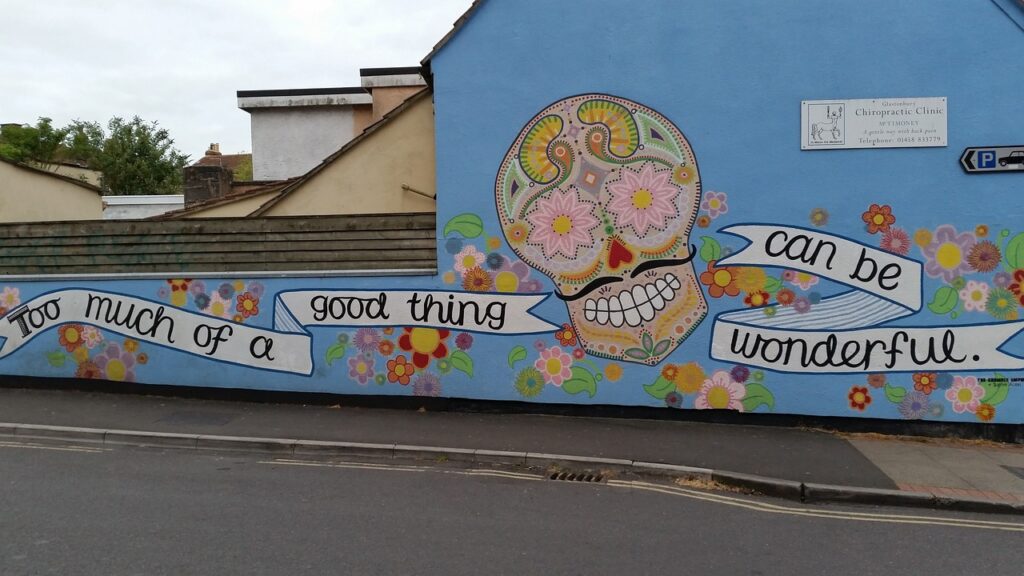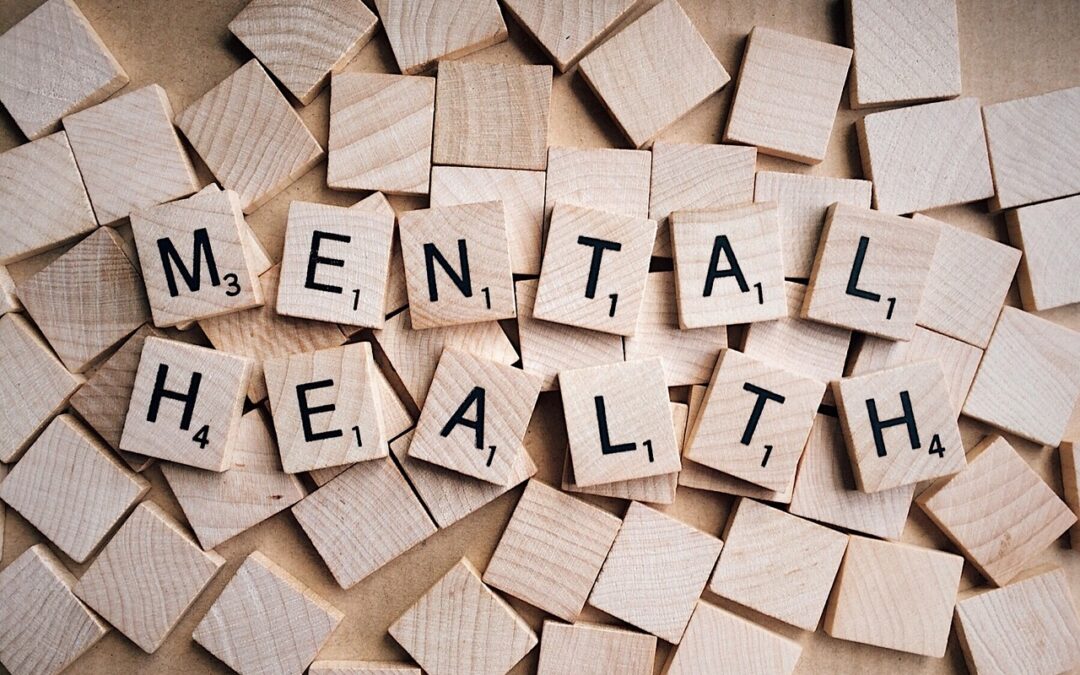Mental health, an integral component of our overall well-being, is increasingly coming into the spotlight as our understanding and acceptance of its importance grows. More people than ever are facing mental health challenges, highlighting the urgent need for resources and support. Amid this landscape, digital platforms have emerged as powerful tools, making a substantial impact on mental health discourse.
From raising awareness and providing resources to supporting those in need and reducing the stigma associated with mental health issues, these platforms are transforming how we view and address mental health. This underscores the growing significance of the digital realm in our pursuit of comprehensive wellness.
Digital Platforms: A Revolution in Mental Health Dialogue
Digital platforms are, in many ways, revolutionizing the way we approach mental health. Blogs, social media, and websites offer a global platform for open conversations, enabling individuals to share their experiences, gain insights, and access support from across the world. These platforms are shattering long-held misconceptions, bringing forward nuanced discussions that foster greater understanding of mental health issues.
From health blogs sharing self-care tips and providing a space for real-life stories to mental health apps that offer therapeutic resources and the ability to take a neurodivergent test, the digital world has opened up a realm of possibilities. Social media, often criticized for its potential harmful effects, has also been a catalyst in raising awareness. It provides an outlet for influential advocates to spread important messages and engage communities in critical conversations about mental health. This broad digital engagement is changing perceptions, reducing stigma, and empowering individuals in their mental health journeys.
Central to the efficacy of these platforms is user experience, an aspect shaped significantly by web design. User-friendly, intuitive design can drastically influence how users interact with a platform, and subsequently, how they engage with the resources and support available. Professional web design companies, like redspotdesign.com, play a crucial role in this. They ensure that digital platforms are not just informative, but also easily navigable and accessible. By designing websites that resonate with users and meet their needs, these companies are enabling a more effective digital dialogue on mental health.
As we increasingly rely on digital platforms for mental health resources and conversation, the role of web design in shaping these platforms becomes ever more pertinent. The synergy of user-friendly design and meaningful content can indeed be a game changer in the way we address mental health.
Online Support Systems: An Accessible Refuge

Digital platforms have reshaped the landscape of mental health support, bringing aid and resources to the fingertips of those who need it most. They have made mental health support more accessible, helping to bridge the gap between individuals facing mental health struggles and the resources necessary to manage them.
Online support groups, for instance, have become a sanctuary for many. These communities offer a space for individuals to share their experiences, fears, and victories, fostering a sense of unity and understanding. The power of knowing one is not alone, and that others share similar experiences, can be an immense relief. These groups facilitate peer support, often making it less intimidating for individuals to open up about their struggles and seek help.
In addition, digital platforms have paved the way for a plethora of mental health apps. From mindfulness and meditation apps that aid stress management, to therapeutic resources providing cognitive behavioral therapy techniques, these apps cater to a broad spectrum of needs. They offer tools that can complement professional therapy or serve as an initial step for those hesitant to seek professional help.
Moreover, professional counseling services have embraced digital platforms as well. Teletherapy, or online therapy, has gained traction, enabling individuals to access professional help from the comfort of their homes. This significantly reduces barriers to treatment, such as geographical distance, time constraints, and the stigma of visiting a therapist.
Digital platforms, through their array of support systems, are democratizing access to mental health resources. They are helping to create an environment where mental health care is not a privilege for the few, but a right accessible by many. Indeed, the virtual world is proving to be a valuable ally in the global effort to improve mental health care.
Combatting Stigma through Digital Engagement: A Shift Towards Acceptance

The digital realm has emerged as a potent force in the fight against the stigma associated with mental health. Through open conversations, advocacy, and informative campaigns, digital platforms are propelling a significant shift in societal attitudes towards mental health.
Open conversations on these platforms are challenging the stereotypes and misconceptions associated with mental health. Personal stories and shared experiences on blogs, social media, and forums help to humanize mental health issues, dispelling the myth that they are signs of weakness or are something to be ashamed of. These digital dialogues foster empathy and understanding, breaking down barriers of fear and misunderstanding.
In addition to this, high-profile advocacies play a critical role in destigmatization. Celebrities and influencers, by opening up about their own struggles with mental health on social media platforms, are helping to normalize these conversations. Their candidness about their experiences, and their encouragement for others to seek help, is breaking down the walls of stigma, showing that mental health issues do not discriminate and that it is okay to seek help.
Furthermore, digital platforms have become a hub for informative campaigns about mental health. From infographics to short videos, these campaigns are educating the public about mental health issues and the importance of mental health care. By raising awareness and promoting understanding, they are fostering an environment of acceptance.
Through these multifaceted efforts, digital platforms are making significant strides in combating the stigma around mental health. The digital world, with its vast reach and powerful influence, holds the potential to reshape societal attitudes towards mental health, paving the way for a future where mental health care is met with understanding, not stigma.
What to be Careful Of: Managing Digital Well-Being

Despite the numerous benefits digital platforms offer for mental health, it is crucial to remain mindful of potential pitfalls. While these platforms can be tools for connection and support, they can also inadvertently foster negativity and toxicity, if not managed carefully.
Social media, in particular, can sometimes be a hotbed for cyberbullying, negativity, and unrealistic life comparisons. It is essential to know how to protect oneself in these environments. Simple measures like adjusting your privacy settings, reporting instances of bullying or harassment, and maintaining a curated, positive feed can significantly reduce exposure to harmful content.
However, it is equally important to understand that managing your digital well-being isn’t just about managing what comes to you, but also about being aware of your reactions and feelings towards your digital interactions. Pay attention to how much time you spend online and how this makes you feel. If your digital interactions are causing stress, anxiety, or feelings of inadequacy, it might be time to take a step back.
Remember, stepping away from these platforms, even temporarily, isn’t a sign of defeat. It’s a tactical retreat for self-care. It allows you time to recharge, refocus, and return to the digital world on your own terms. Digital platforms can be a tremendous mental health resource, but like all good things, they should be used in moderation and with a mindful approach.
Digital platforms have undeniably become integral to our mental health landscape, offering a myriad of resources for support, advocacy, and education. These platforms have transformed the discourse around mental health, fostering awareness and reducing stigma. However, it is essential to remember the need for balance and mindfulness in our digital engagements. By thoughtfully navigating these platforms, we can harness their potential for our mental well-being while minimizing potential pitfalls. As we move forward, the role of digital platforms in mental health care is sure to continue to evolve, shaping our approaches to mental health in an increasingly connected world.









